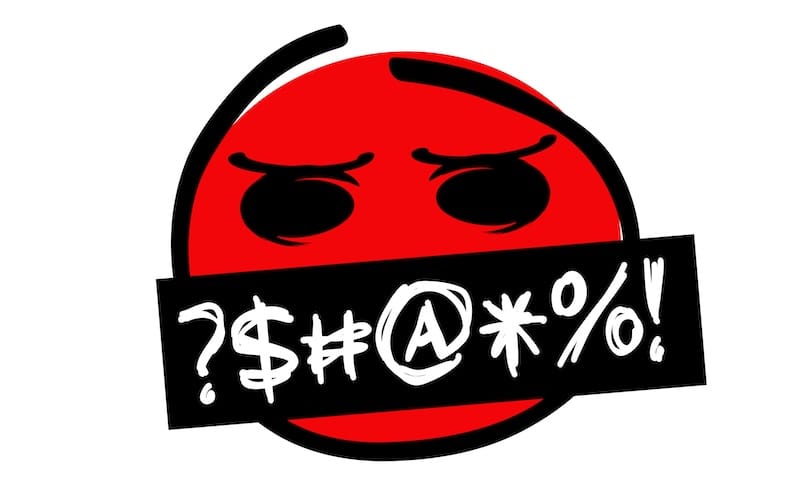‘I’m so f*****g bored’

A former pupil barrister has been fined £500 for repeatedly swearing during an online ethics exam and at one point sticking up his middle finger to the camera.
The Bar Standards Board (BSB) said that by doing so Jack Henry Sadler had “acted in a way which was likely to diminish the trust and confidence which the public places in him”.
The published finding states that last summer, Sadler was taking a professional ethics assessment remotely as part of his mandatory training during his second six as a pupil barrister.
During the exam, Sadler made statements including: “I’m so fucking bored of this”, “This is annoying, oh my god, this is going to really piss me off”, and “Fucking finally, a criminal question… This civil shit… How can you have any ethics if you’re a civil practitioner, honestly.”
The BSB further noted that at the end of the recorded exam, the then-pupil barrister could be seen holding up his middle finger to the camera.
A second charge found that Sadler “failed to keep the affairs of each client confidential and/or failed to protect the confidentiality of each client’s affairs” after he accessed his work email during the recorded exam and clicked on two emails from solicitors’ firms containing client information.
In mitigation, Sadler stated that he did not realise his words and actions could be heard and recorded, and that nothing he said or did was directed at any individual, especially the exam proctor.
Regarding the second charge, Sadler said he did not appreciate at the time that accessing his Outlook could risk a GDPR breach, attributing this to both a lack of knowledge and a lack of thought on his part. The necessary steps were taken by him and chambers to address any potential breach.
The panel agreed that Sadler, who is an unregistered barrister and has since left the bar, showed genuine contrition and remorse.
The matter was handled through a procedure known as determination by consent, an alternative method for dealing with cases that would otherwise be referred to a disciplinary tribunal.
